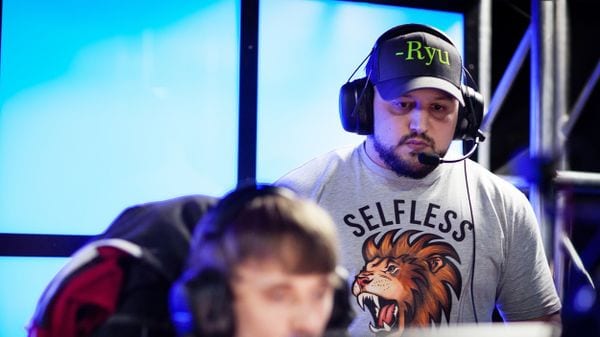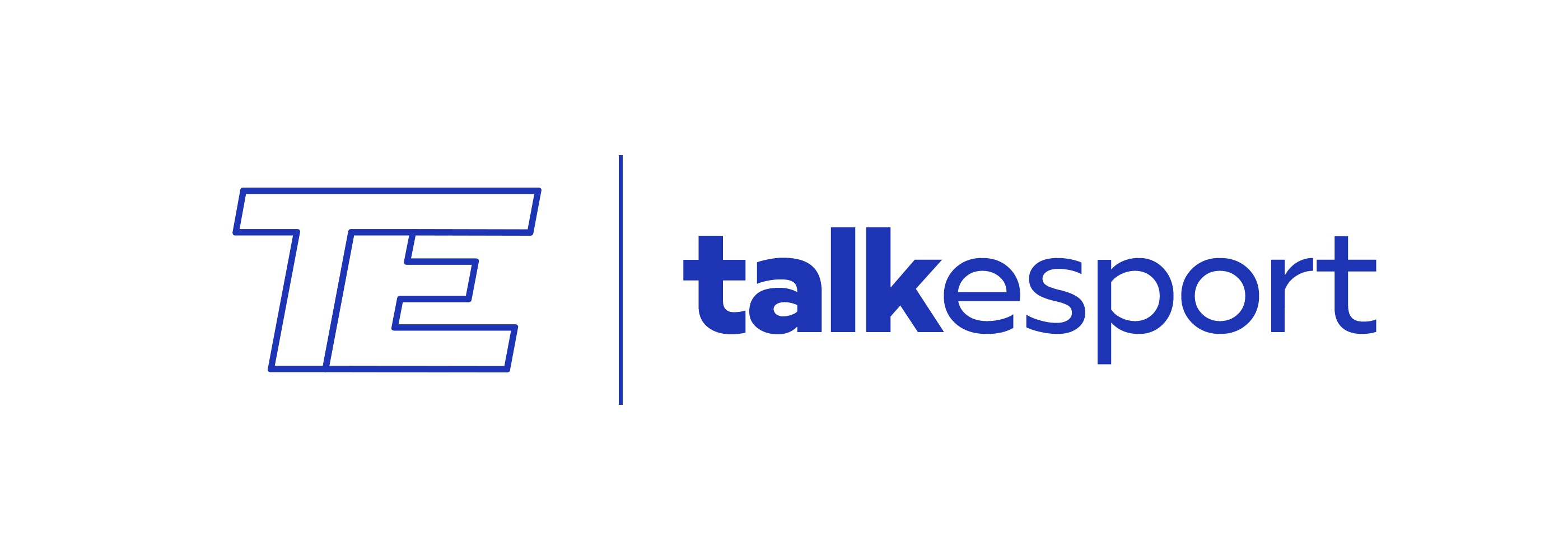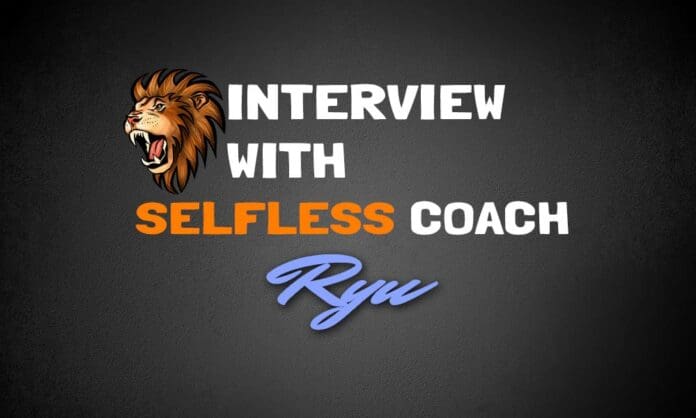Today I had the pleasure of talking to Selfless Gaming owner and coach Steve “Ryu” Rattacasa. We talked today about the state of the NA CS scene, how CS is evolving itself and we also spoke a bit about Selfless and himself.
Selfless Gaming is based out of North America and has Overwatch, Rocket League, Killer Instinct and Super Smash Bros alongside, CS:GO teams for both Males and Females.
Reece: First of all, let’s talk a bit about the American CS scene. The American CS scene has always been a big scene, but now more teams are growing who were formerly unknown to the casual fan with the help of big competitions like ELeague and ESL Pro League: NA. Do you think the NA scene could grow bigger than the EU scene in the future?
Ryu: Yes because that’s what the math is going to show—and Americans love competition, love competitive sports/activities, and having things like ELEAGUE showcasing our games on TV will continue to push it into the mainstream (which it’s still not a part of).
People say there are issues with the American CS scene, for example, they say players have no passion and are just there for the big salaries. From both a business view and a player’s view, do you think there are any major issues with the American CS scene right now, and what do you think could be done to solve these issues?

It’s definitely disappointing to see the average work ethic of some of the teams/players that “make it” to the pro level—but I’ve always said the entire “system” for a player to go through to get recognized was flawed. It rewarded individual stats and overly aggressive styles of play which never emphasized the most important things, like teamwork, communication, etc. That’s slowly begun to change, but it’s still a few seasons out before we see what kind of impact some of those changes will have.
There have been a lot of organizations who have come and gone and have only survived a short period of time. In your opinion, what makes a successful and sustainable esports organization?
Generating revenue, super passionate fans, and great, long-term partnerships—and it’s real, really hard to do. Right now the scene is flooded with big name investor money, and none of those orgs have the real incentive to be profitable or sustainable, and that’s extremely risky. That’s how bubbles grow…
What do you think is different with the EU scene and the NA scene? Do you think the NA scene could become bigger than the EU scene? Why?
There’s almost too much to list, but I’d say overall the NA scene focuses on individual aim, and EU plays good, consistent team-based CS:GO. We certainly have the talent for it, but it’ll take time. C9 (Cloud 9) is an example of what a team would need to look like to beat EU teams regularly.
Onto a bit about Selfless now. Recently we saw some roster changes with Michael “Mainline” Jaber being dropped and Vincent “Brehze” Cayonte being added. Was there any big reason behind this change or was it just the right player popping up at the right time?
Mainline lost his love of the game—the fire, the drive, the passion. He was lethargic in practices, he was late frequently, and we just weren’t “feeling it” with him anymore. It was obvious we had to move on, and once we started to shift the in-game leadership role away from him, he either had to step it up with his work ethic and grind himself into being a top player, or move on. He decided to move on. I loved playing with him and wish that wasn’t the case, but I think a bit of a break for him from the top competitive scene will be really good for him in the long run. He’s not hanging up the mouse just yet.
You are the owner of Selfless Gaming, you write the articles for the site, but you also coach the team and do analyst elements for the ESL Pro League North American scrims. Do you prefer the business side of things or the pundit side of things, or even the player side of things as you used to be a player? Why?
I love all of it. Being an owner allows me the opportunity to move my focus around to different elements any given day of the week. So in addition to the coaching stuff, the analyst work, and the “general CS:GO” activities, I also get to work on marketing, social media, recruiting talent (for CS:GO and other games), finding and securing partnerships, and so on. My previous career in technology was very successful but got very, very boring for me quickly. This variety is really the spice of my life right now, and I love it all.
Valve have made a few big changes to CS:GO recently. For example, the coaching ban. As a coach yourself, what do you think about the coaching ban?
Classic Valve—not listening to what the players want, and operating as an obstacle to the growth and progression of the game instead of a catalyst for it. It’s ridiculous and will result in lower quality CS:GO.

They’ve made some other pretty big changes recently like the gambling ban and of course, new gun sounds. People are even saying CS:GO is dying. What do you think about the gambling ban? Do you think CS:GO is heading up or down? Is it “dying” like people say?
I don’t care about the gambling ban—and I think it’s only a short-term thing anyways. Esports betting will be MASSIVE—way bigger than people think or realize right now—but it’ll take the time to follow the appropriate legal avenues. I don’t think the game is dying anytime soon, despite the 12-year-olds who lost skins and issued death threats via anonymous social media accounts not being able to wager skins anymore.
Dota 2 has “The Invitational,” an annual tournament with a massive prize pool which determines the best team in the world. With Counter Strike, we usually have 3 major tournaments per year. Which format do you think is better, the one big tournament style or the 3 tournament style?
I love what Valve has done with the International, but I prefer at least 2 MAJOR events per year, so I’m not a huge fan of the single gigantic event per year.
Now a bit about yourself. You transitioned from being an IGL to a coach due to a busy work schedule. How hard was it to stop playing and start coaching? Do you think you might follow the steps of Immortal’s Zews and return to being a player at some point in the future?
It wasn’t too hard—I was able to do the things I was truly good at, I was able to bring in young talent and help players develop and play the right way. The only hard part about it was WATCHING instead of playing, and knowing that my impact on the game was less “direct”. As much as I think my value could be at an all-time high as a player right now (due to the ridiculous coaching rule change), I have no plans to return to playing. I truly believe that if I did, with my work ethic, I could be back in form quickly, though.
Finally, what can you say to help people who are trying to break through to the professional scene?
Recognize what you are naturally good at (because yes, TALENT EXISTS), and go all in on that. Hard work should be a part of your equation for success regardless of what you do in life, so figure out the strengths you have, work really hard, and always be a great teammate. And as a relevant side note, I’d encourage all younger players that want to go pro in one way or another to focus on building their individual following/brand. That’ll be more and more important as Esports grows.
Thank you very much for your time, Steve. Any last things to say? Any shoutouts?
Thank you to every single fan of any/all of our teams, all of our supporters, all the haters who keep fanning the flames, and a huge shutout to ClutchChairz for making the best gaming chairs we’ve ever been fortunate to game in. As I write this, Kaboose is lounging hardcore in his chair and loving it.


